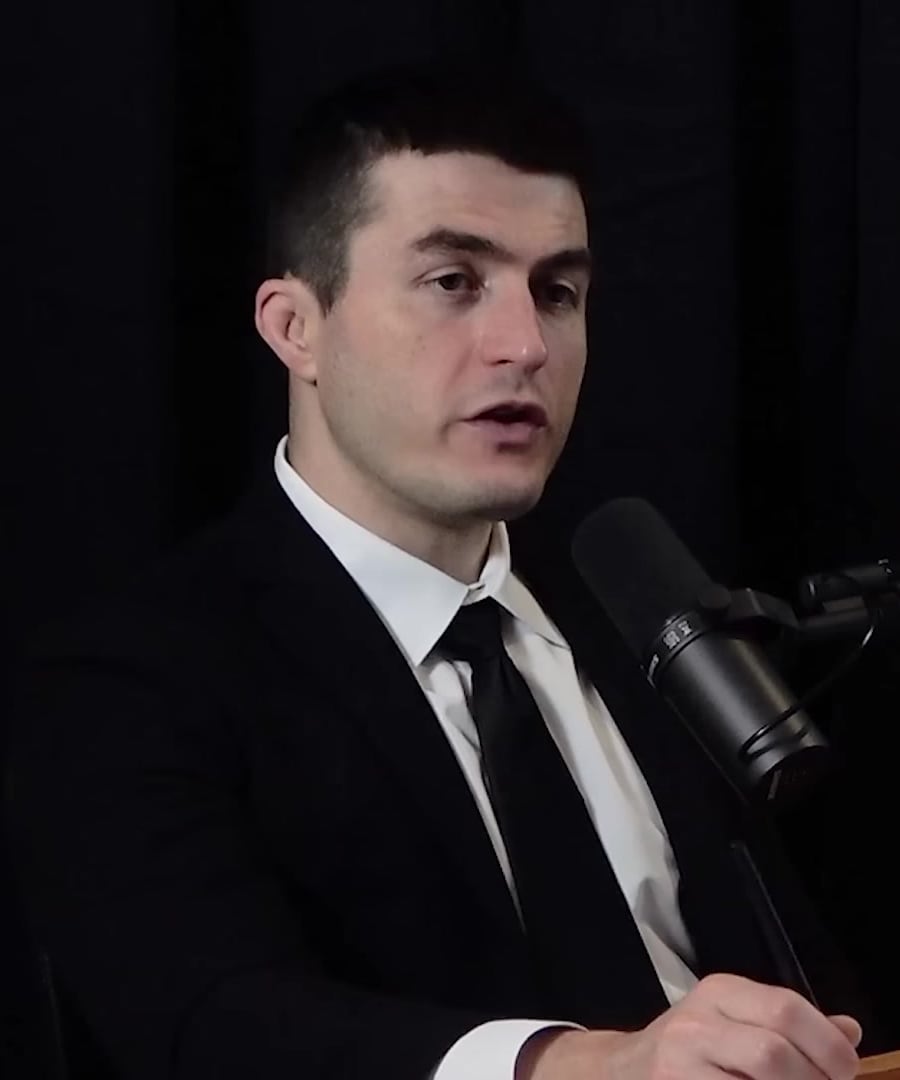Historical Religion
Sources:
Here are some insights from trusted experts on different aspects of historical religion:
-
Christianity’s Historical Roots: - emphasizes that Christianity is grounded in historical events, not just myths. He contrasts the direct historical claims of the New Testament with archetypal readings of religious texts by figures like Carl Jung and Joseph Campbell. Christianity's profound connection to history is highlighted by the firm belief in the literal events like the Resurrection, which are vividly detailed in the writings of the apostles like Paul 1.
-
Control Through Religion:
- In a conversation on the , discusses how many religions and philosophies were founded by conquerors to maintain control over the conquered populations. This historical use of religion as a tool for social control was also noted by thinkers like Karl Marx, who famously critiqued religion as "the opiate of the masses" 2.
-
Ambiguity in Medieval Muslim Intellectual History:
- highlights the medieval Muslim tradition's acceptance of ambiguity when interpreting texts. This acceptance fostered tolerance and an appreciation of different viewpoints. Such historical insights into religious tolerance are valuable, especially when considering the modern religious dynamics 3.
-
Religion in Modern Politics:
- examines the increasing role of religion in U.S. politics, particularly since the 1970s. She notes how, post-Watergate, American voters sought candidates with transparent moral foundations, often gauged through their religious convictions. This shift marked a substantial change in the political landscape, where religious identity began to play a crucial role in presidential politics 4.
-
Secularization and Politics Infused with Religion:
- along with Russ Roberts discuss on the , how the Enlightenment's push for secularization paradoxically led to politics becoming infused with religious concerns. They discuss how modern political debates often adopt an almost religious fervor, turning political disagreements into wars of religion with apocalyptic stakes 5.
These clips provide a broad perspective on the historical and modern intersections of religion, emphasizing its profound influence on culture, politics, and societal norms.
RELATED QUESTIONS-
